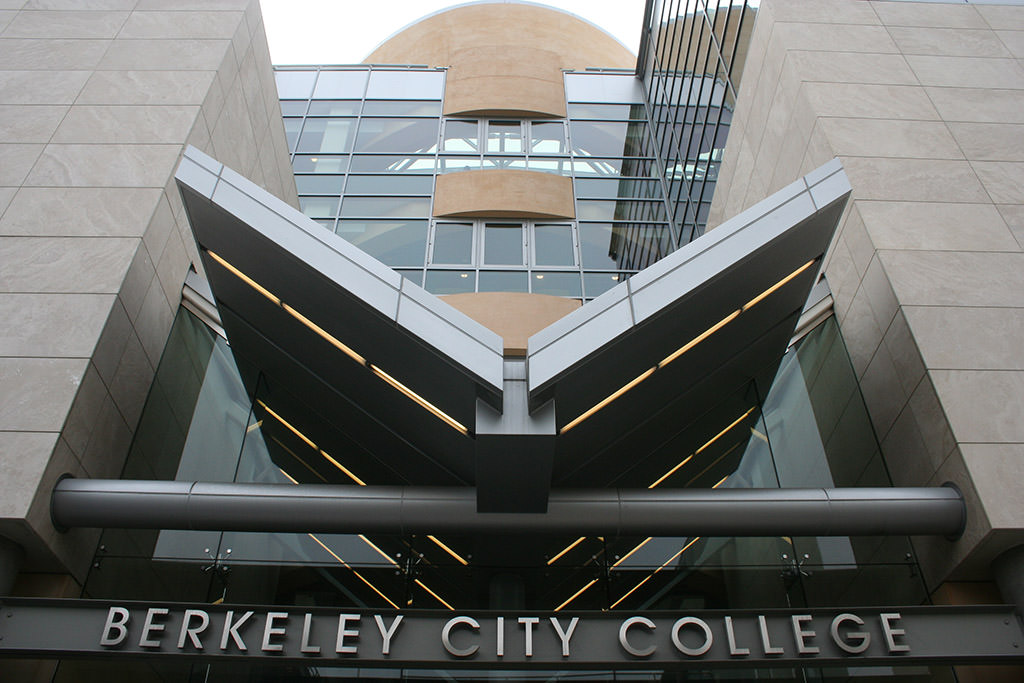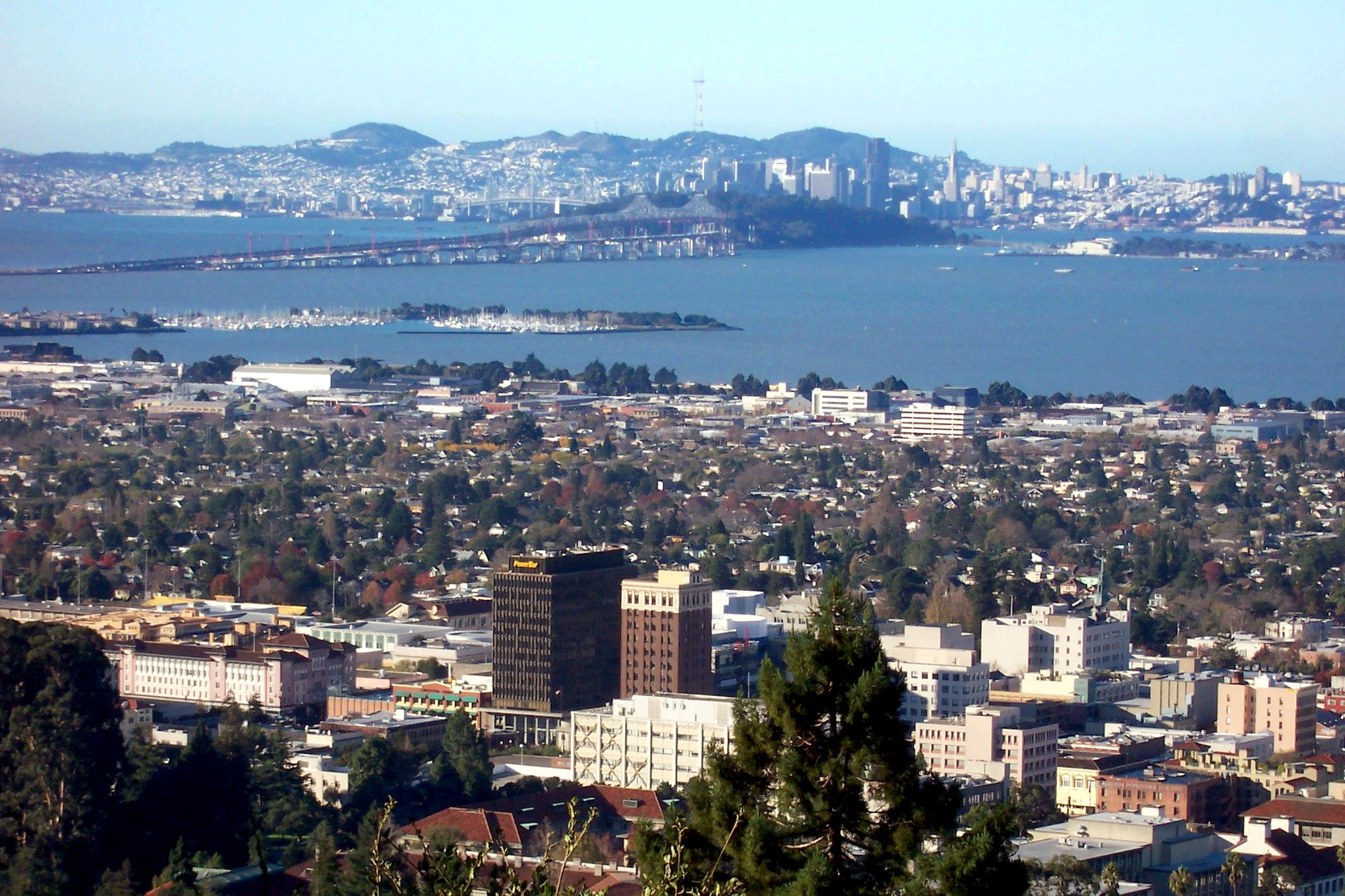Welcome to the investigation of the cost of living in Berkeley, CA. Boasting ideal weather, a vibrant entertainment scene, and an environmentally conscious community, Berkeley thrives as a bustling college town, home to the University of California, Berkeley. While many dream of settling in California, Berkeley consistently ranks high on “best of” lists for both the state and the country. When evaluating the cost of living in Berkeley, we consider food, accommodation, transport, entertainment and recreation, healthcare and education. Get ready with us to discover the cost of living in Berkeley.
Cost Of Living in Berkeley, CA: Overview
The cost of living in Berkeley is among the highest in the United States, with students typically spending around $3,800–$4,200 per month including rent, food, transport, and personal expenses.
Housing is the largest expense, with average rent around $3,340/month for most apartments. Daily living costs such as groceries, utilities, and dining are also significantly above national averages, making careful budgeting essential for anyone studying or living in Berkeley.
| Category | Estimated Monthly Cost | Notes (Based on Updated Data) |
|---|---|---|
| Rent (Average Berkeley Apartment) | $3,300–$3,400 | Avg rent: $3,340; unit ~710 sq ft |
| Utilities (Electricity, heating, water, trash, internet) | $180–$260 | Higher in winter; varies by building |
| Food & Groceries | $350–$550 | Groceries in Berkeley ~50–60% above U.S. average |
| Transportation | $70–$150 | AC Transit pass, occasional rideshare; many students walk/cycle |
| Personal Expenses | $150–$300 | Phone plan, toiletries, laundry, leisure |
| Books & Academic Supplies | $80–$120 | Depends on major; STEM majors slightly higher |
| Average Total (Monthly) | $3,800–$4,200 | Typical cost for students living off-campus |
| On-Campus Housing (Annual) | ~$17,000–$22,000 | Room + meal plan only |
| Total Annual Cost of Attendance (On-Campus) | ~$52,000 | UC Berkeley 2025–26 estimate incl. tuition + living |
Cost of Living in Berkeley, CA: Daily Life
Food
Food is a significant daily expense that significantly influences the overall cost of living in Berkeley. In Berkeley, a single adult spends an average of $3,795 annually on food, while a family of four spends $10,959. For comparison, California’s average annual food expenditure is $3,468 for a single adult and $10,016 for a family of four. Across the U.S., these figures are $3,240 and $9,354 respectively.
These estimates reflect the cost of a nutritionally adequate diet from grocery purchases for home preparation. In a high-cost city like Berkeley, preparing food at home can result in substantial savings. For instance, a burger costs $10.50, a meal at a restaurant $20, and a drink $5.

Accommodation
Despite Berkeley’s appeal, its cost of living is notably high. With a cost of living index of 223, the city’s expenses are double the U.S. average.
Off-campus Accommodation: Renting can be a more affordable option for student accommodation off-campus. In Berkeley, 57.10% of homes are rented, compared to the national average of 36.2%. Rental demand is high due to the city’s significant student population. As of November 2025, the average rent for an apartment in Berkeley is about $3,340/month (average unit size ~710 sq ft). Rent in Berkeley remains among the highest in the U.S. — housing costs are about 150% above the national average.
On-campus Accommodation: UC Berkeley housing costs, for instance, vary based on housing type, meal plan, and room occupancy.For students living on-campus, total cost of attendance (tuition + housing/board + health insurance + personal expenses) for 2025-26 is estimated at around $52,000/year. Be aware that prices are subject to annual adjustments and generally increase slightly each year.

Transport
Transportation significantly influences Berkeley cost of living. In Berkeley, 38.30% of commuters drive to work, compared to 85.5% nationwide. Notably, 56.10% of workers commute to jobs outside Berkeley, exceeding the national average of 43.7%. The average commute in Berkeley is 29.4 minutes, slightly longer than the national average of 26.6 minutes. Considering expenses such as gas, public transit, and car maintenance, the EPI estimates that a single person in Berkeley spends $9,882 annually on transportation, close to the national average of $9,760.
Whether you’re commuting via AC Transit, exploring the Bay Area with BART, relying on ride-sharing services’ flexibility, or embracing the eco-friendly choice of cycling, understanding the costs involved can help you make informed decisions that align with your needs and goals.

Utilities
| Utilities | Fee(Monthly) |
| Basic (Electricity, Water, Gas, Heating, Cooling) | 285.54 $ |
| Telephone Bills | 49.73 $ |
| Internet | 67.00 $ |
Life at Berkeley also includes utilities, and understanding the cost of utilities in Berkeley is essential for budgeting effectively. On average, residents can expect to pay about $300 per month for electricity, gas, water, and waste services, depending on usage patterns, home size, and energy-efficiency practices. Groceries, utilities, and other living costs in Berkeley are significantly above U.S. averages — expect them to be 50-60% higher than the national norm.
Berkeley residents often benefit from the temperate climate, which typically means lower heating and cooling costs compared to other regions. Staying informed and adopting energy-efficient practices can help manage these expenses. Berkeley’s commitment to sustainability also offers various programs to assist residents in reducing their utility costs.

Healthcare
Another type of cost of living in Berkeley, CA is healthcare. Healthcare expenditures and insurance premiums can vary widely depending on the city or state. Factors such as the availability of healthcare facilities, out-of-pocket costs for doctor visits, dental care charges, prescription medication expenses, and specialized medical care all influence the overall cost of living.
Primary Healthcare: The cost to visit a general practitioner in Berkeley without insurance typically ranges from $100 to $250 per consultation. This cost can vary based on the complexity of the visit and the healthcare provider’s specific practices.
Hospital Services: The cost of hospital care can vary widely. For instance, the daily rate for a hospital stay in Berkeley might range from $2,000 to $4,000, excluding additional services such as surgeries or specialised treatments.
In Berkeley, healthcare costs are 21.2% higher than the national average. For a single adult, annual healthcare costs average $4,374, compared to $3,711 across California and $4,266 nationwide, aligning closely with national averages but exceeding statewide figures.

Taxes
In Berkeley, California, the average adult pays $11,380 annually in state and federal income taxes, Social Security, and Medicare payroll taxes—significantly higher than the statewide average of $8,248. Notably, these figures exclude property, sales, and excise taxes. Obviously, bay area cost of living includes a high tax burden, with per capita state tax collections at $4,424 compared to the $3,151 national average.

Cost of Living in Berkeley, CA: Education
When considering Berkeley cost, it’s essential to understand Berkeley tuition involved. For undergraduates at the University of California, Berkeley, in-state students’ estimated tuition and fees are approximately $14,226 per year. Out-of-state students can expect to pay around $44,008 annually. Meanwhile, for graduate programs, UC Berkeley price varies by department but generally ranges from $14,188 to $29,272 per year for in-state students and from $29,272 to $44,066 for non-residents.

Berkeley City College offers a quality education with tuition fees designed to be accessible and competitive. For in-state residents, the cost is approximately $46 per unit, providing an affordable pathway to higher education. Out-of-state and international students can expect higher fees, roughly $331 per unit, reflecting the exceptional value and opportunities available. Financial aid and scholarships are also available to help ease the financial burden for deserving students.

Conclusion
You must have a thorough understanding about cost of living in Berkeley, CA. According to the Berkeley cost of living calculator, Berkeley is 83% more expensive than the national average and 34% more costly than the average city in California. This assumes a $72,000 annual salary and a two-bedroom apartment.
Food, transportation, housing, and healthcare costs in Berkeley are all less affordable than the national average. It’s essential to understand the city’s expenses beforehand if you consider a new life at Berkeley. While Berkeley offers a peaceful atmosphere, small-town charm, and stunning coastal views, the cost of living here is significantly higher than the national average and slightly above the California average, which may not surprise current state residents.
Cost of Living in Berkeley, CA FAQ
Is Berkeley, CA expensive to live?
Yes, living in Berkeley, CA is quite expensive. According to 2025 data, the average rent for an apartment is about US $3,340/month, which is far above the U.S. national average.
What is the cost of living index in Berkeley?
Berkeley, CA has a cost of living index of 223 (U.S. baseline = 100), meaning living there is on average 2.2× more expensive than the U.S. national average.
What is a livable salary in Berkeley, CA?
Here’s a rough idea of a livable salary in Berkeley, CA, based on the latest data — adjusted for cost of living and typical expenses:
- A single adult in Berkeley needs about US $4,183/month (~ US $50,200/year) to cover living costs, per recent estimates.
- Local ordinances set a “living wage” at US $30.91/hour (pre-tax) for a single adult — roughly US $64,000/year full-time to cover basic expenses without roommates.
So a salary of about US $60,000–$65,000 per year is generally considered livable in Berkeley for a single person.
What is the average household income in Berkeley CA?
Based on the latest data, the average (median) household income in Berkeley, CA is about US $108,558 per year (2023 estimate).
Is Berkeley or LA more expensive?
Generally, Los Angeles is more expensive overall, with higher costs for housing, transportation, and entertainment. Berkeley, while also costly, particularly in terms of housing due to its proximity to San Francisco, typically has lower overall living expenses than LA. However, both cities require a substantial budget to maintain a comfortable lifestyle.
What are the pros and cons of living in Berkeley, CA?
- Pros of living in Berkeley, CA: It has a flourishing job market, mild weather, a tremendous school system, a vibrant cultural scene, and it’s a great place for young people.
- Cons of living in Berkeley, CA: It has a high cost of living; the housing industry is expensive and competitive. Moreover, there’s the risk of natural disasters and a high crime rate.







